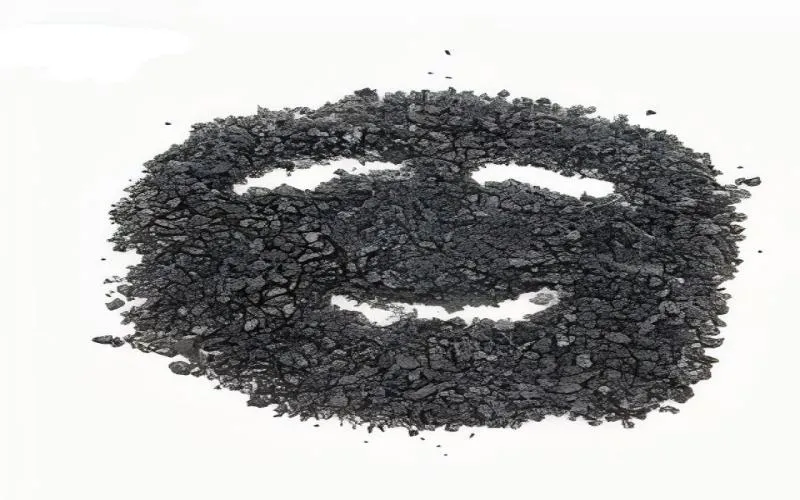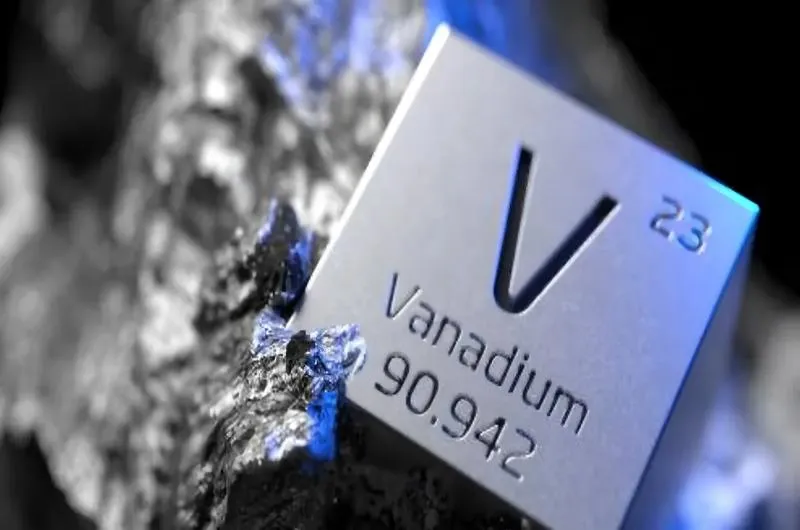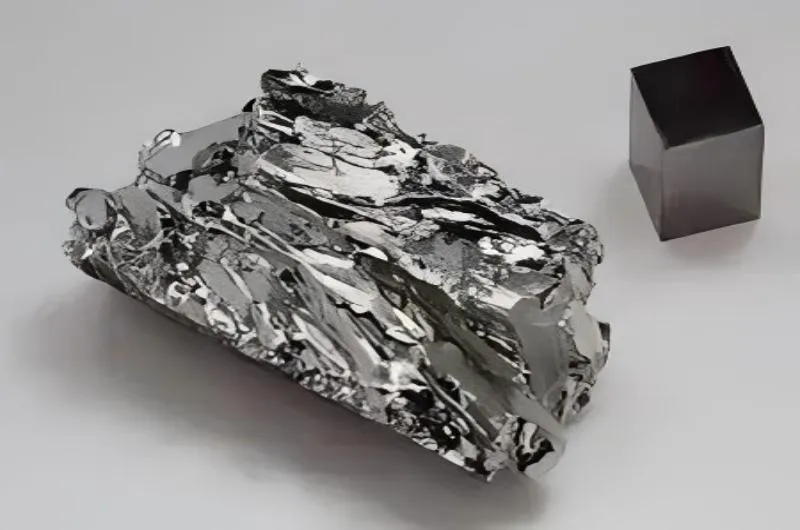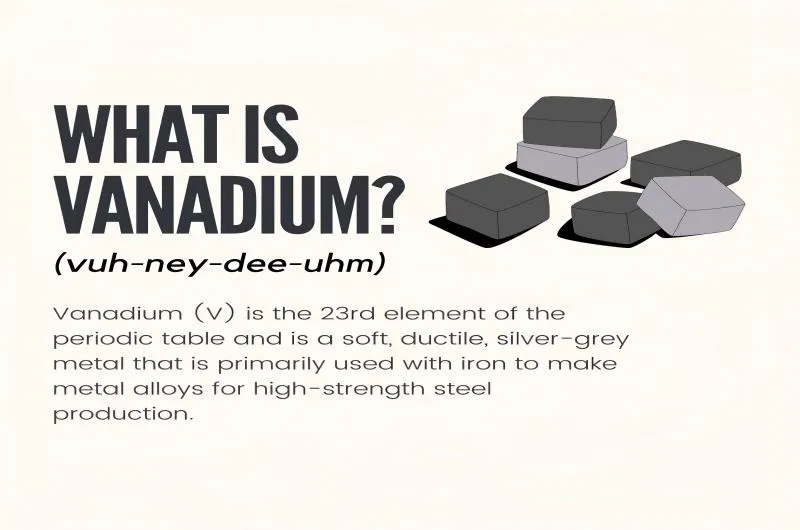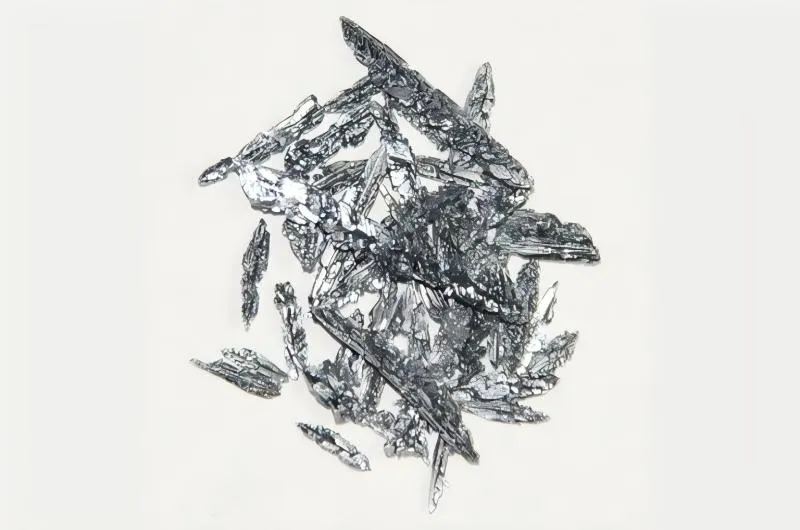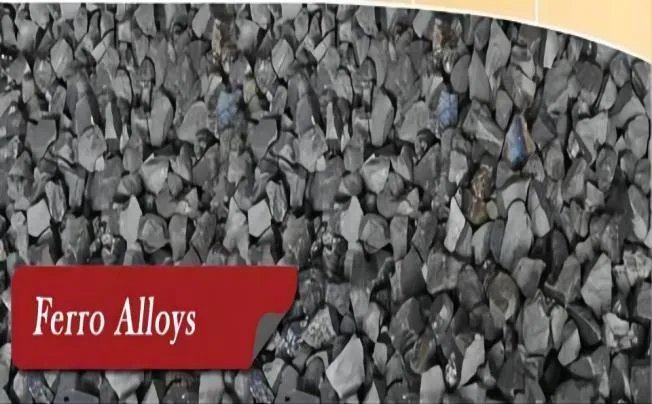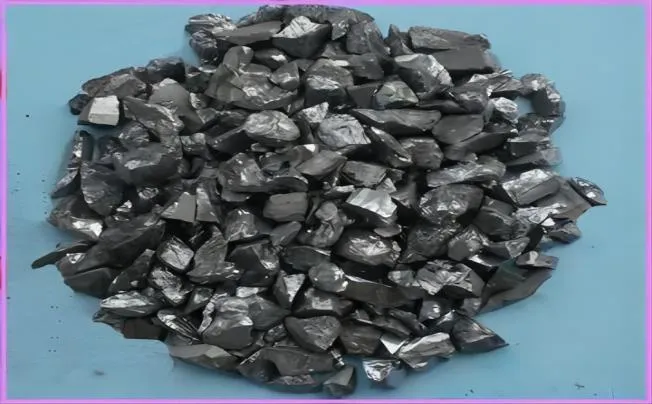BY  GENN
GENN
2024/09
Blog
How Is Petroleum Coke Shipped?
Petroleum coke, often referred to simply as petcoke, is a byproduct of the oil refining process. It is a carbon-rich material that emerges from the thermal cracking of crude oil. The composition of petroleum coke primarily includes carbon, with varying amounts of sulfur, metals, and ash depending on the refining process and feedstock used.
Production of Petroleum Coke
Petroleum coke’s journey begins at the oil refinery, where crude oil undergoes distillation and other refining processes. During the thermal cracking stage, heavy crude oil fractions are subjected to high temperatures, breaking down into lighter products and leaving behind a dense, carbon-rich residue.
This residue, known as green coke, is the precursor to the final petroleum coke product. The quality and properties of the coke depend on the type of crude oil used and the specific refining conditions.
Petroleum coke is categorized into two main types: green and calcined. Green coke, which is produced directly from the cracking process, contains a significant amount of volatile matter and needs further processing.
Calcined coke, on the other hand, is obtained by heating green coke to remove impurities and enhance its carbon content. This calcination process imparts the coke with higher strength and conductivity, making it suitable for applications in the aluminum and steel industries.
Handling and Preparation for Shipment
From Refinery to Port: Ensuring Quality and Efficiency
Once produced, petroleum coke must be handled with care to maintain its quality and meet customer specifications. The initial steps in handling involve crushing and screening the coke to achieve a consistent particle size.
This ensures that the coke meets the desired specifications for its end use. The crushed coke is then blended with other batches to achieve uniform quality and composition, which is crucial for maintaining performance standards in industrial applications.
Storage is another critical aspect of preparation. Petroleum coke is typically stored in large silos or bunkers to protect it from environmental factors such as moisture, which can affect its quality.
Quality control measures are essential to ensure that the coke meets required standards. Tests for moisture content, sulfur levels, and particle size are conducted regularly to ensure that the coke will perform as expected in its various applications.
Packaging and Containerization
The Art of Packing: Balancing Efficiency and Practicality
Petroleum coke can be packaged in several ways, depending on the logistics and requirements of its destination. Bulk shipping is common for large quantities, where coke is transported using bulk carriers or train hoppers.
This method is cost-effective but requires careful handling to prevent spillage and contamination. Alternatively, petroleum coke can be packaged in bags or containers, which provides more flexibility for smaller quantities and easier handling at the destination.
Each packaging method has its own set of advantages and challenges. Bulk shipments are efficient for large volumes but can be prone to environmental issues if not managed correctly.
Bagged or containerized coke, while more manageable, can be more expensive and time-consuming to prepare. Choosing the right packaging method involves balancing cost, convenience, and the need for protective measures.
Transportation Modes
Across Land and Sea: The Logistics of Petroleum Coke
Transportation of petroleum coke involves multiple modes, each with its logistical considerations. Rail transportation is a common method for moving large quantities overland. Rail systems offer efficiency and the ability to handle bulk loads, but they require coordination with rail networks and can be subject to scheduling and capacity constraints.
Maritime shipping plays a significant role in the global distribution of petroleum coke. Bulk carriers and specialized vessels are used to transport coke across oceans and seas.
This method is highly effective for international trade, though it involves navigating complex port operations and adhering to international shipping regulations. Truck transportation is crucial for local and regional distribution.
Trucks can provide flexible and direct delivery routes but are limited by road infrastructure and potential traffic issues. Coordination between different transportation modes is essential to ensure timely and cost-effective delivery.
Shipping Routes and Regulations
Navigating the Waters of Global Trade
Global shipping routes for petroleum coke are strategically planned to optimize efficiency and cost-effectiveness. Major ports around the world handle substantial volumes of petcoke, including ports in the United States, Europe, and Asia.
Each port has its infrastructure and capabilities for handling bulk materials, which can affect shipping times and costs. Regulatory compliance is a critical aspect of petroleum coke shipping.
Environmental and safety standards must be met to ensure that the transportation of petroleum coke does not harm the environment or pose risks to human health. Regulations may include measures to control emissions, prevent spills, and ensure proper documentation and reporting.
Economic and Environmental Impact
Balancing Trade and Sustainability
The petroleum coke trade has significant economic implications, contributing to the global economy through its use in various industries. Its role as a fuel and raw material supports numerous sectors, including energy production, metallurgy, and manufacturing. The trade-in petroleum coke supports jobs and economic activity in producing and consuming regions alike.
However, the environmental impact of petroleum coke cannot be ignored. The production and combustion of petcoke can lead to emissions of pollutants, including sulfur dioxide and particulate matter.
Efforts to mitigate these impacts include improved processing techniques, stricter environmental regulations, and advancements in cleaner technologies. Balancing economic benefits with environmental responsibility remains a critical challenge.
Future Trends and Innovations
Charting a Course for the Future
The future of petroleum coke shipping is likely to be shaped by technological innovations and a growing focus on sustainability. Advances in transportation technology, such as more efficient bulk carriers and automated logistics systems, are expected to enhance the efficiency and safety of petcoke shipping.
Innovations in digital tracking and management systems will also contribute to more streamlined operations. Sustainable practices are becoming increasingly important in the handling and shipping of petroleum coke.
This includes efforts to reduce the environmental impact of petcoke production and transport, such as adopting cleaner processing methods and exploring alternative uses for petcoke that minimize environmental harm. The industry is poised to embrace these trends as it adapts to evolving regulatory and market demands.




